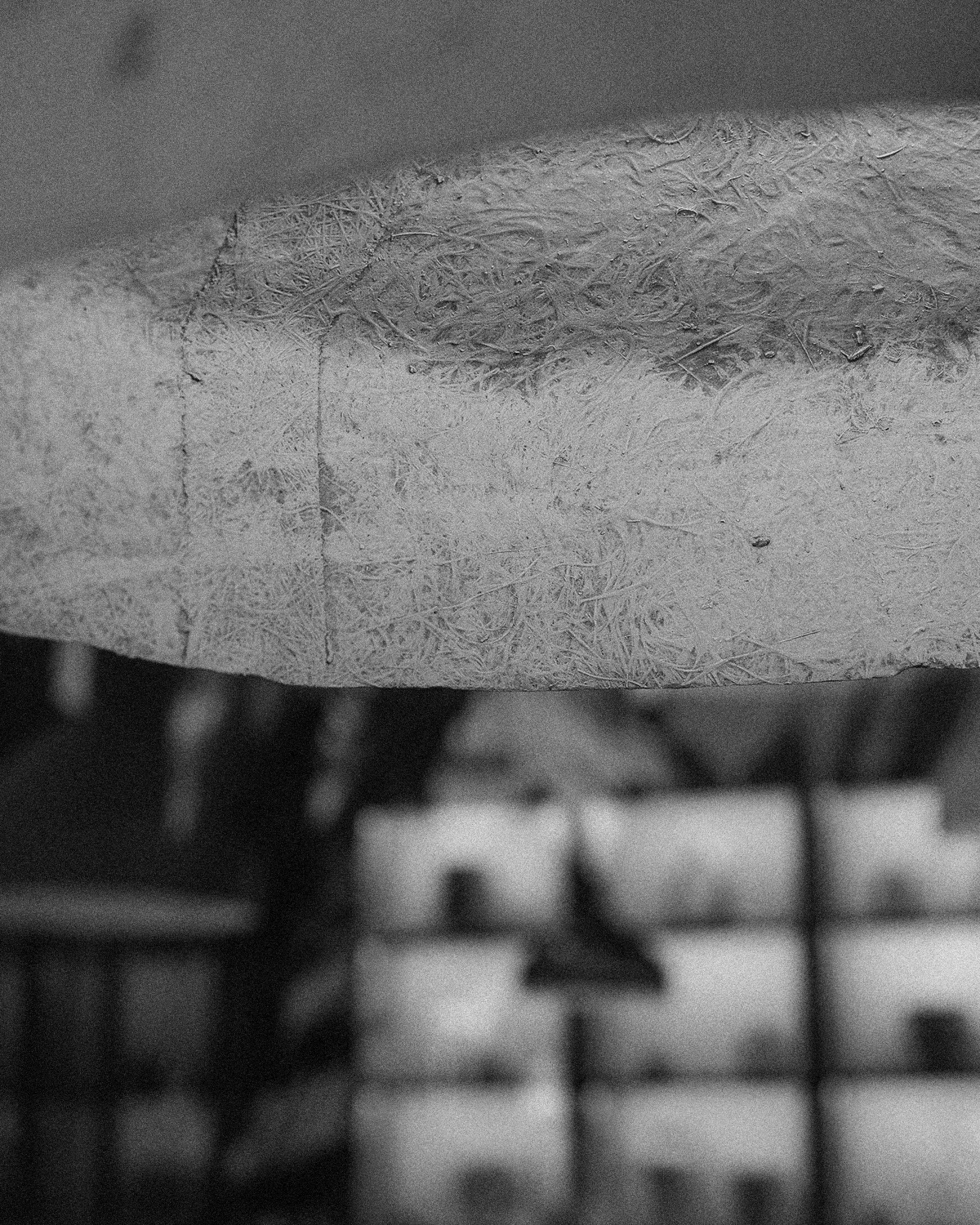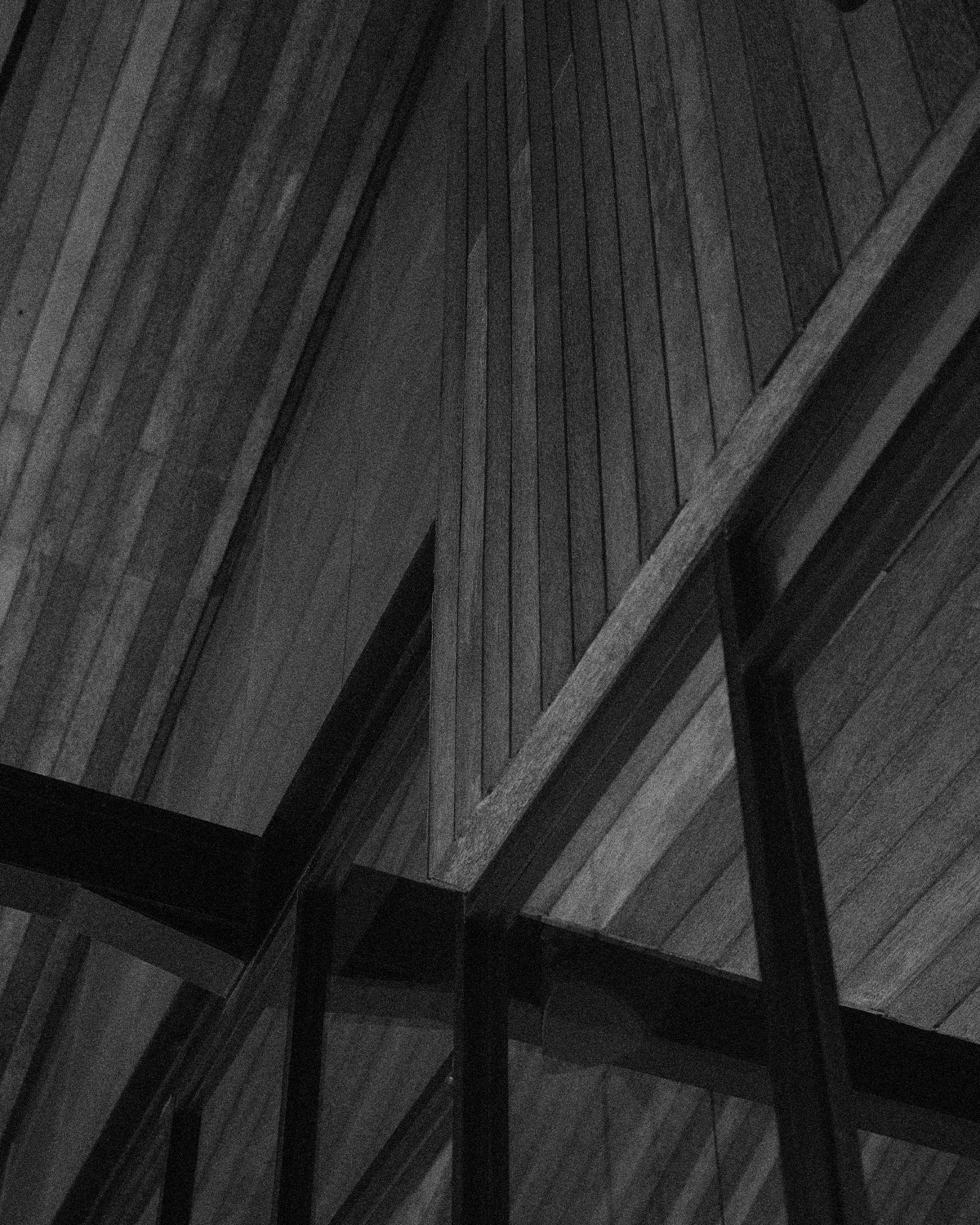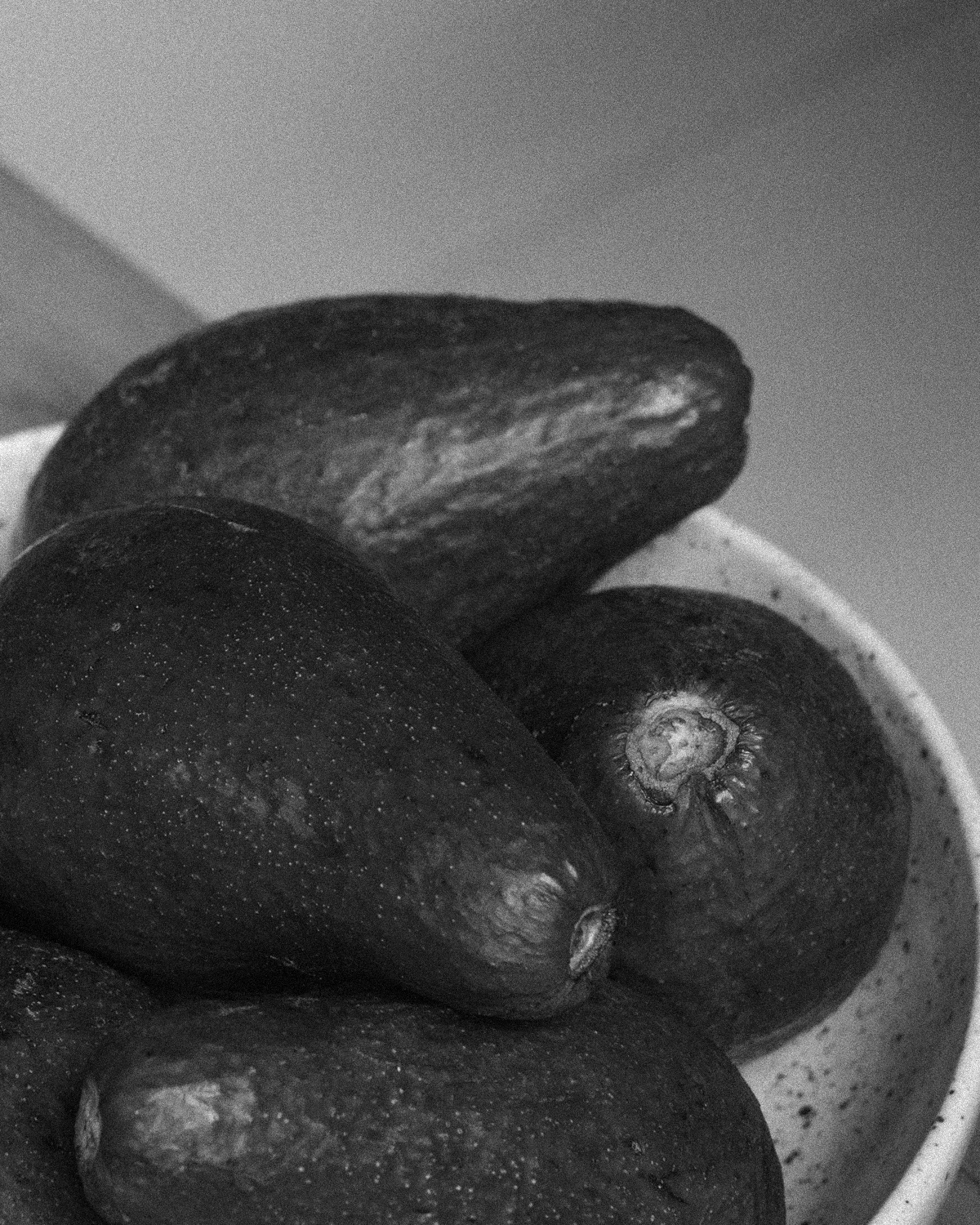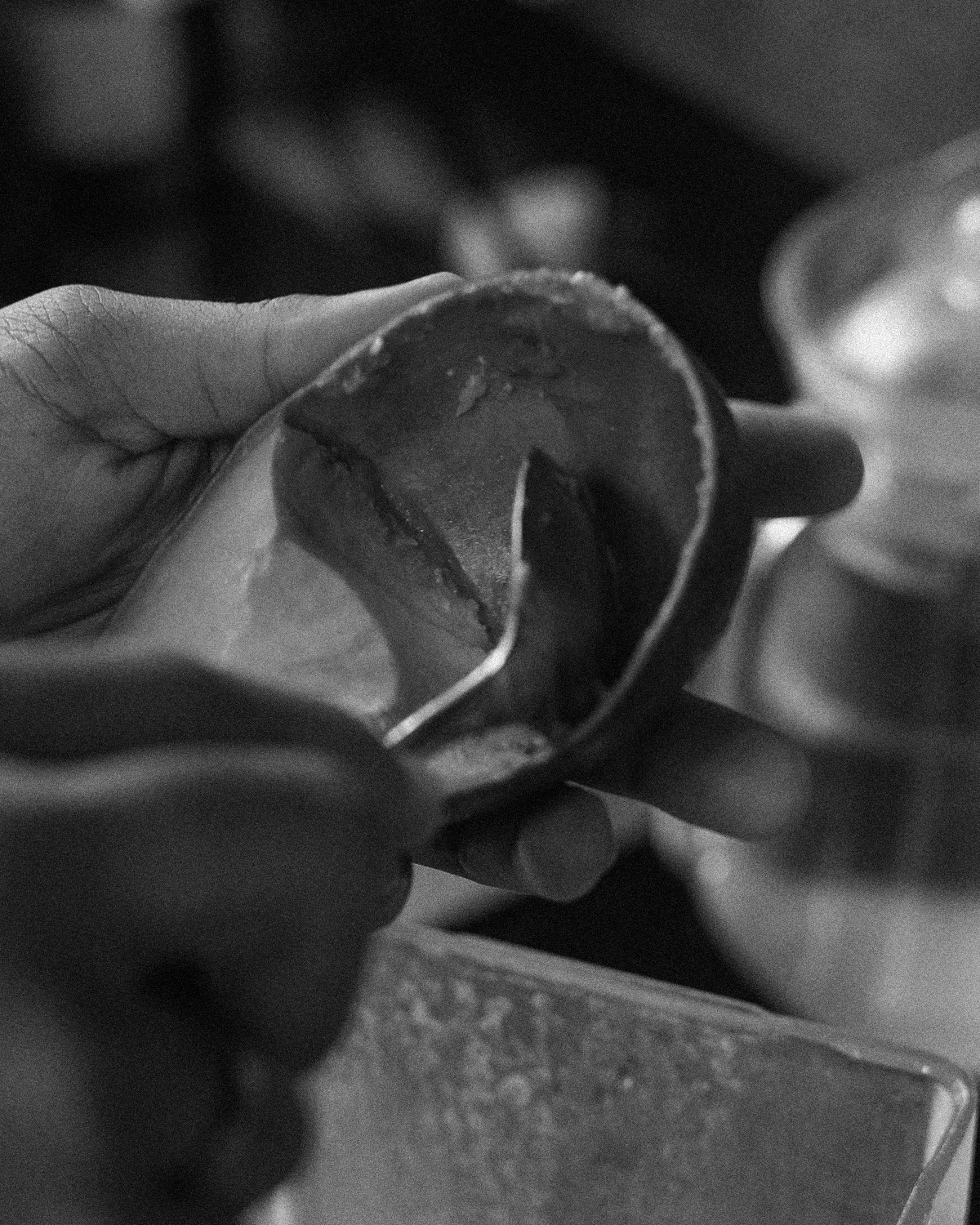FEATURES • DESTINATIONS
The Avocado Factory:
Made to Remember,
Built to Belong
Words & Photography by The Punch
It begins, as many honest stories do, with distance. In 2013, Edis and Adis Dozovic left Italy for Australia, chasing hospitality–early shifts, coffee rituals, the warm clang of breakfast service. It was there, among the chalkboards of corner cafés and market crates, that they met avocado for the first time. A fruit they had never known. A fruit, they would later say, that came to know them.
It arrived in the unassuming form of toast. Then again, in smoothies, brunch bowls, folded into eggs, and shaved onto plates. They didn’t just fall for the taste. They fell for the role it played–an everyday luxury, rich with fiber and fat, carrying the soft language of health and belonging. “It was never just a trend,” says Edis. “It felt like a way of living.” They carried that feeling with them. Across seasons, over oceans, and eventually, to Bali.





THE HUMBLE FRUIT, ELEVATED
In the early days of landing in Bali, it felt like the fruit had vanished. Avocados, when asked for, were often out of season. That struck them as strange, especially in a country that happens to be the third largest producer of avocados on Earth. What followed was not frustration, but curiosity. How could something so abundant remain so absent?
The idea bloomed quietly: a café where avocado would not just appear, but take center stage. Signature dishes, select drinks, and every thoughtful detail throughout the space are infused with the color, form, and spirit of one singular fruit. They called it The Avocado Factory. It was never just a concept. It was, and still is, a study in devotion.
WHAT GROWS, WHAT GROUNDS
Restraint is elegant, to building a menu around limitation. Chef Daniele Taddeo knows this well. An Italian with a Michelin-star pedigree, Daniele approaches avocado not as garnish, but as grammar. “It’s subtle,” he says. “It has body, not voice. You have to listen closely.” And so, he listens. The Factory’s menu moves through cultures–Indonesian rice, Spanish tortillas, Italian textures–all circling the same core. Avocado grilled, whipped, and emulsified. Its role is constantly changing, always necessary. “We let the avocado decide,” Daniele explains. “Some days it wants to be bold. Some days, background.” Even their signature smoothie–the Avocream Cycle–is less about sweetness, more about memory: citrus for brightness, honey for weight, vanilla for reach. The avocado, of course, holds it all together.
A BUILDING THAT BREATHES
But food is only one piece. From its very shape, The Avocado Factory was imagined as an act of care. Its structure is made mostly from recycled plastic–3,000 kilograms repurposed into tiles, tables, ceiling beams, and bathroom walls. ECOLLABO8 supplied the innovation. EcoCrete provided the bones. Every inch of the space–its furniture, its fixtures–tells a story of reuse. Rainwater is collected, filtered, and looped back into the system. Organic waste is composted in partnership with Urban Compost, then returned to the farms from which the produce came. “It’s not just sustainability,” says Adis. “It’s remembering the cycle.” The goal was never perfection. It was honesty. To not just build a restaurant, but a living organism–where process matters as much as presentation.
WHAT STAYS BEHIND THE BAR
If avocado is a puzzle in the kitchen, it’s a poem at the bar. Komang Bahari, the Factory’s head mixologist, compares the work to magic. “You’re taking something dense, oily, quiet,” he says, “and making it sing.” His drinks push the envelope of what a cocktail can be. Pineapple skin becomes cordial. Avocado finds its way into creams, foams, and frozen textures. It doesn’t always work, he admits. But when it does, it feels like discovering a new language. “The fruit doesn’t shout,” he says. “It hums.” Komang’s latest invention–Avocream Cycle Smoothie–balances fat and acidity with instinct. He speaks of it like a painter might: in texture, in color, in aftertaste. “We try,” he says simply. “That’s what matters.”
SUPPLY CHAIN AS HUMAN CHAIN
The avocados themselves come not from big farms, but from small lives. Backyard trees, tended by families across Bali. In villages like Bedugul, one collector visits house after house, picking fruit by hand, sorting them by maturity, letting them ripen in altitude before sending them down the mountain. “There’s no industrial supply line,” says Edis. “It’s a community. A rhythm.” That rhythm extends to the waste, which returns as compost, and to the seeds and skins, which are now used to dye textiles for upcoming merchandise. It even finds its way into the bar’s garnishes, where leftover peels and pits are reworked into something almost ceremonial. In a world of slogans, The Avocado Factory prefers action. Quiet, grounded, repeatable.





A LIVING SYSTEM
Karina Manik, the venue manager, speaks about the café as one might speak about a friend. She’s been with them since the beginning–nearly a decade now. Her role is not just operational; it’s custodial. “It’s about holding the space,” she says, “so the team can keep growing into it.” Staff undergo monthly training. Not because it’s required, but because the story keeps evolving. “You can’t teach sustainability once,” Karina says. “It has to be lived, over and over again.” She gestures toward the bar. “Even the rainwater we clean with–people ask about it. And when they ask, we get to share something. A reason behind a reason.” There are no loud signs. No branded hashtags. The story is within the walls. In the dishes. In the conversations passed over shared tables.
BEHIND THE PLATE
In time, The Avocado Factory became more than a café. It became a gathering point. A day & night art show. A place where silent meditators and stand-up comedians share the same floor–sometimes on the same day. “Sustainability is community,” says Edis. “And community isn’t something you sell. It’s something you build.” They’re now developing a line of merchandise dyed naturally with avocado seeds and peels. It’s part of their long-view approach to design, where food becomes fashion, waste becomes story, and storytelling becomes culture. Franchise requests come often. But the brothers aren’t rushing. “We’re not here to expand fast,” Adis explains. “We’re here to go deep.”
ONE FRUIT, MANY FEATURES
It’s easy to think of avocado as a trend. A brunch staple. A wellness cliché. But at The Avocado Factory, it’s something else entirely. It’s a medium for creativity, for connection, for regeneration. “We started with one ingredient,” Edis reflects. “But it taught us everything else.” In a world hungry for novelty, The Avocado Factory offers something quieter: a return to care, to roots, to rhythm. Not just in what we eat, but in how we build, how we waste, how we stay. And that, like the fruit they chose to follow, is rich in more ways than one.
EXPLORE THE PUNCH

